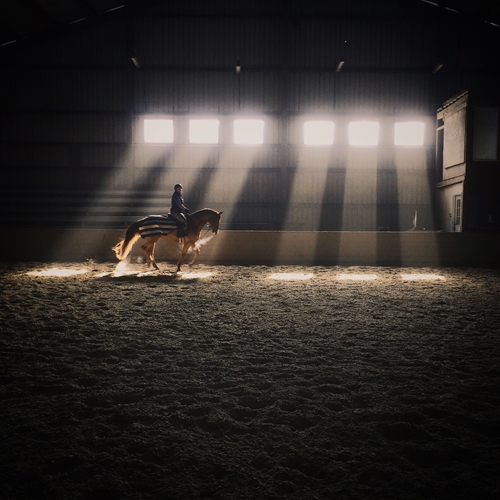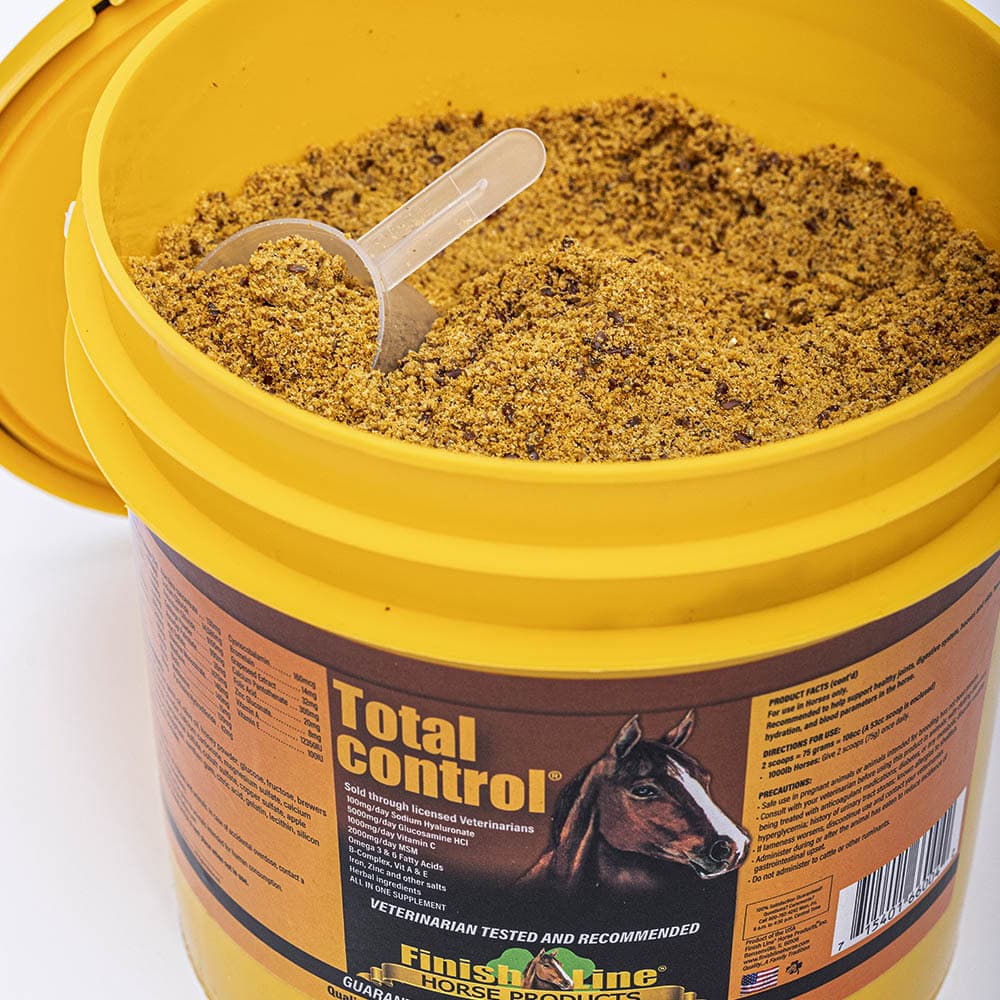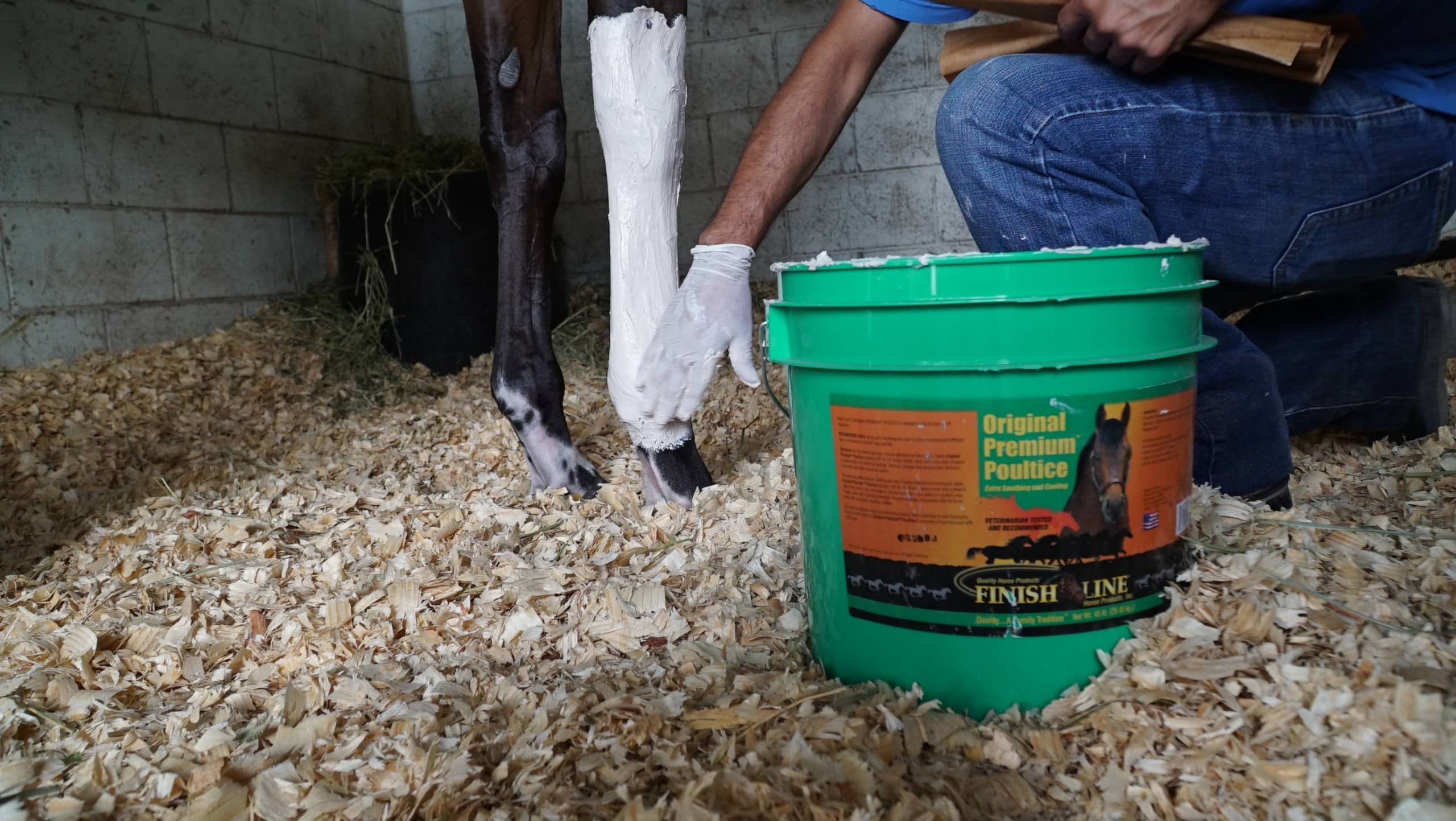Horses are immensely powerful animals, capable wondrous feats of strength and endurance. But for all their physical prowess they, much like humans, can sometimes be overwhelmed with emotions like fear, anxiety and nervousness in certain situations. Horses are prey animals and tend to be flighty when something in the environment greatly disturbs them. When this happens while someone is riding it can be potentially dangerous, as the horse may rear on its hind legs or unexpectedly dart away from the scene.
Since horses are not capable of rationalizing their way out of uncomfortable settings, it’s up to the riders to guide them back to a calm state, especially while riding. Below are few tips to calm a nervous or frightened horse while in the saddle:
Stay calm
“An excitable horse reacts quickly to whatever you do, and gives back even more energy than you gave him,”
According to Paula Zdenek, a California-based trainer with over 40 years of experience, when you sense your horse getting skittish, one of the first and most vital things you must do is remain calm. The horse will look to you for reassurance in determining if everything is alright or conversely, if there is reason to worry. If you become nervous because of your horse’s apprehensions, it will sense the tension and its own fears will be compounded. But there are ways to extinguish that negative energy.
“An excitable horse reacts quickly to whatever you do, and gives back even more energy than you gave him,” Zdenek told Horse and Rider.com. “Sit heavy in the saddle, keep your hands quiet, and hold your legs off his barrel unless you’re specifically cueing him.”
Provide another focus point
Let the horse release some of its nervous energy by giving it a simple and familiar task. Doing one or two basic training exercises or going for a brisk trot can put your horse’s attention elsewhere and lessen their anxiety.
“He [the horse] can think of just one thing at a time,” said Zdenek. “So you want him to focus on you and what you’re asking of him, not whatever’s making him antsy.”
Source the anxiety
According to Horse Journal, another important factor in quelling your horse’s nerves is trying to determine exactly what the cause of the issue may be. A variety of things may be catalyst for an equine bout of anxiety, such as:
- An object they find bizarre.
- An unfamiliar situation, such as being away from the herd or entering a dark or enclosed area for the first time.
- A loud and unexpected sound, like a car backfiring or a gunshot.
- A certain type of work or rider the horse may not like or understand.
- Other animals.
If a specific, physical thing is bothering the horse then one tactic to reverse that is to slowly introduce them to the source of their fear. Bring the horse near what is bothering them. Letting them carefully investigate the source of their worry themselves by looking at it closely and sniffing it can often alleviate whatever fears they held. If you can do something to remove the cause of the apprehension, like picking up the fallen trashcan that made a noise, easing them into a new training arena or shooing away the neighbor’s interested dog, dismount and solve the problem.
Soothe with tone and supplements
Speaking to the horse slowly, in a tone that is a few octaves lower than your normal speaking voice can also assuage your companion. Have your voice mimic your calm and relaxed body language.
Supplements such as Finish Line’s Quia-cal can also aid in calming an anxious horse. It’s engineered to promote healthy nerves, and dismounting to administer the nutriment can give you an opportunity to soothingly pet and verbally console the horse.











